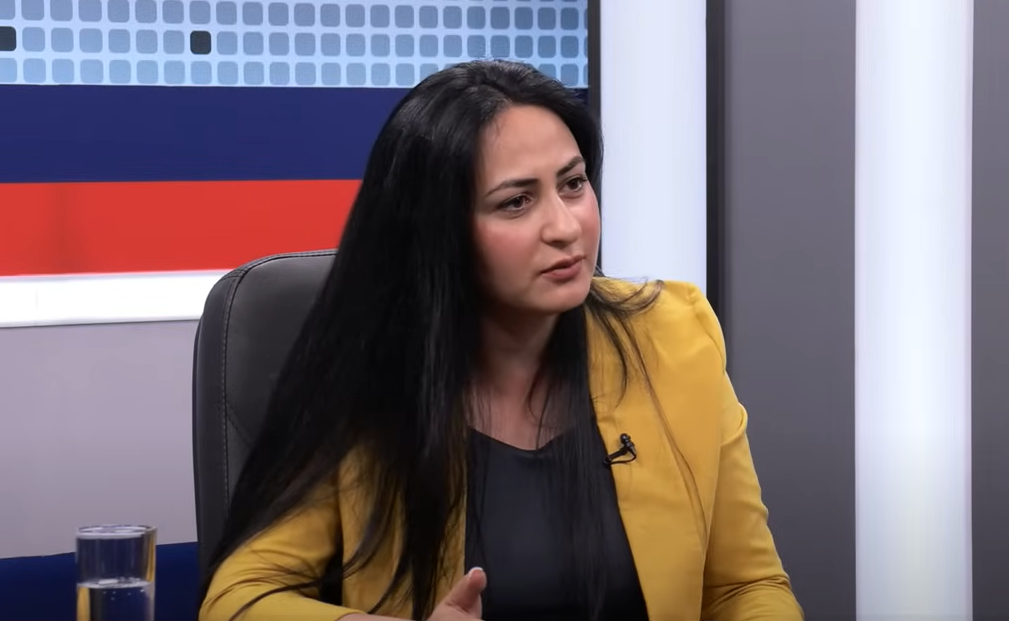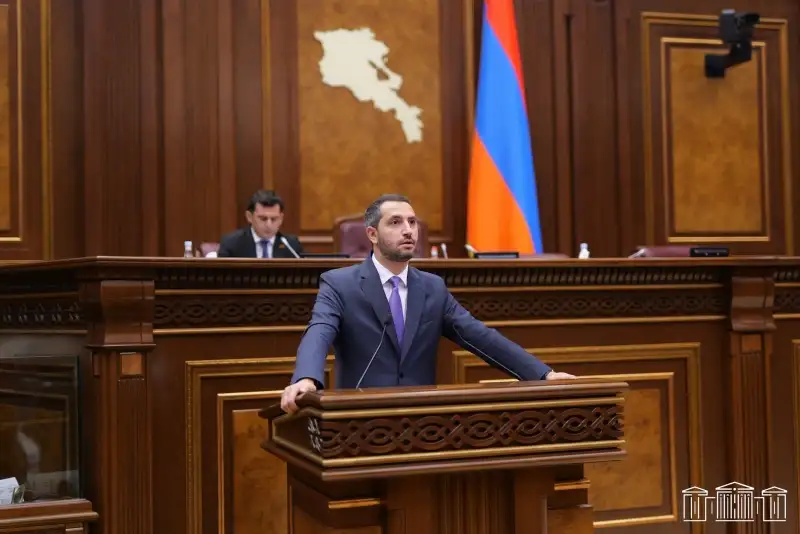Radar Armenia's interlocutor is political scientist Lilit Dallakyan.
- It was announced that Azerbaijani gas will reach Ukraine. What possible impact could this have on the Armenian-Azerbaijani peace process?
- First of all, the question is whether that gas is Azerbaijani. This issue was raised even when gas was being exported from Azerbaijan to Europe. There is a resolution in the European Parliament that Azerbaijan is exporting Russian-sanctioned gas. However, the essential thing is that the EU has not become pro-Azerbaijani; consequently, it has not pushed Armenia to make any concessions. We must consider that Europe imports gas primarily for its energy security. In any case, this is gas, not weapons that Russia was selling to Azerbaijan. I think they are exaggerating too much that Azerbaijan will become very important. The Russian-Ukrainian war has been dragging on for three years. Still, during this time, European observers have been helping to ensure our security on the Armenian-Azerbaijani border, which the authorities themselves claim. The Armenian authorities have also repeatedly said that without Western mediation, Azerbaijan would have attacked and would have opened a corridor by force. Of course, it should be emphasized that the West is interested in the region as a whole, all countries together.
- What prospects are there for the Ukraine-Russia negotiations, for the resolution of the conflict?
- These negotiations were a failure, even more than the previous ones. They did not even reach an agreement on the return of Ukrainian children. The two sides do not have any common ground. Putin demands Ukraine's capitulation, that it give its regions to Russia, not have an army, not arm itself. Zelensky wants to meet with Putin, Putin wants to meet with Trump, and so there is no point of intersection. There will be progress if the US starts arming Ukraine well, puts pressure on Russia, and if Ukraine can change the situation on the front in its favor. This can be understood later, maybe in the fall, and before that, it will be hot on the front. The US is the country that can influence and change the situation. Especially since Russia lacks the power to achieve its desired success, if it had the potential, it would have done so by now. We know that Rubio stated that Trump's patience is running out, he is disappointed with Putin, but how seriously he is disappointed will be seen in 50 or a new period of 10-12 days, when the time given to Putin for the ceasefire expires. But it is already very likely that China will begin to intervene, offering to negotiate with it. Unfortunately, under these conditions, the war will continue. Let's see how events will develop.
- The topic of unblocking the Armenia-Azerbaijan communication routes has become quite active. Does this inspire hope for a way out of the impasse?
- First of all, Pashinyan's behavior is strange to me. He rejected the American offer against the backdrop of going to Moscow. Let's hope this is not related to Russia and its pressure. The claim that Armenia has moved away from Russia is not valid. Taking into account the increase in our trade turnover with the EAEU, we have become closer economically. Russia has many levers to pressure us. We see that Moscow periodically creates economic problems for Armenian exporters, such as those of apricots and flowers. It is incomprehensible to me that, before the visit to Russia, the government did not confirm that there was an American lease offer. Then, during the press conference, the Prime Minister mentioned the management of Zvartnots services as a positive example while discussing the outsourcing of road control. They then said it was a concession of sovereignty, but they rejected it. All this is strange, and the Armenian side should clearly say what the US has proposed, what we have proposed. The term "lease" is not sufficient, as the law of the Republic of Armenia prohibits renting our lands for 100 years. Secondly, why was the Prime Minister talking about concessionary control of the road? Despite both countries' refusal, the US has not withdrawn from the negotiations; instead, it has announced that it will continue the experiments. The authorities should work correctly with the US, understand what guarantees we will receive in return. A lot depends on our flexibility.
Tamara Ghazaryan


















